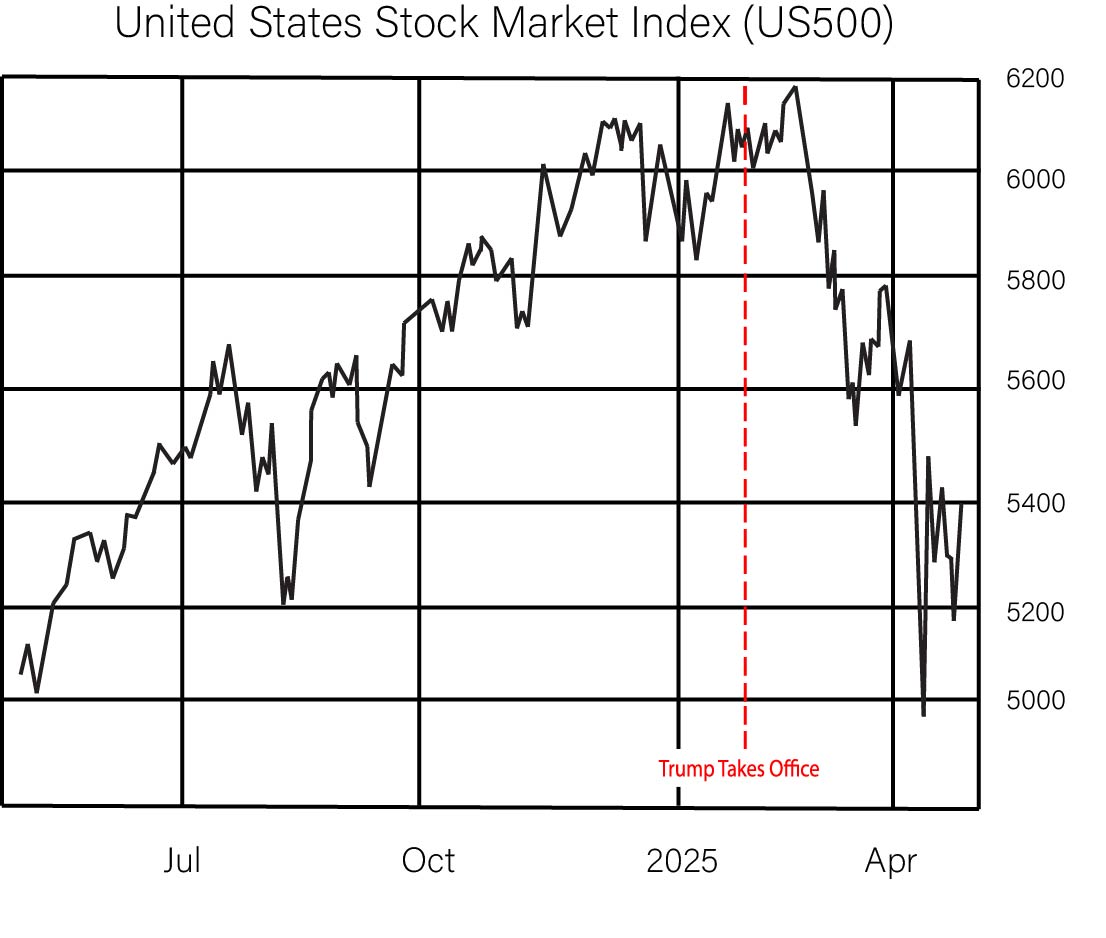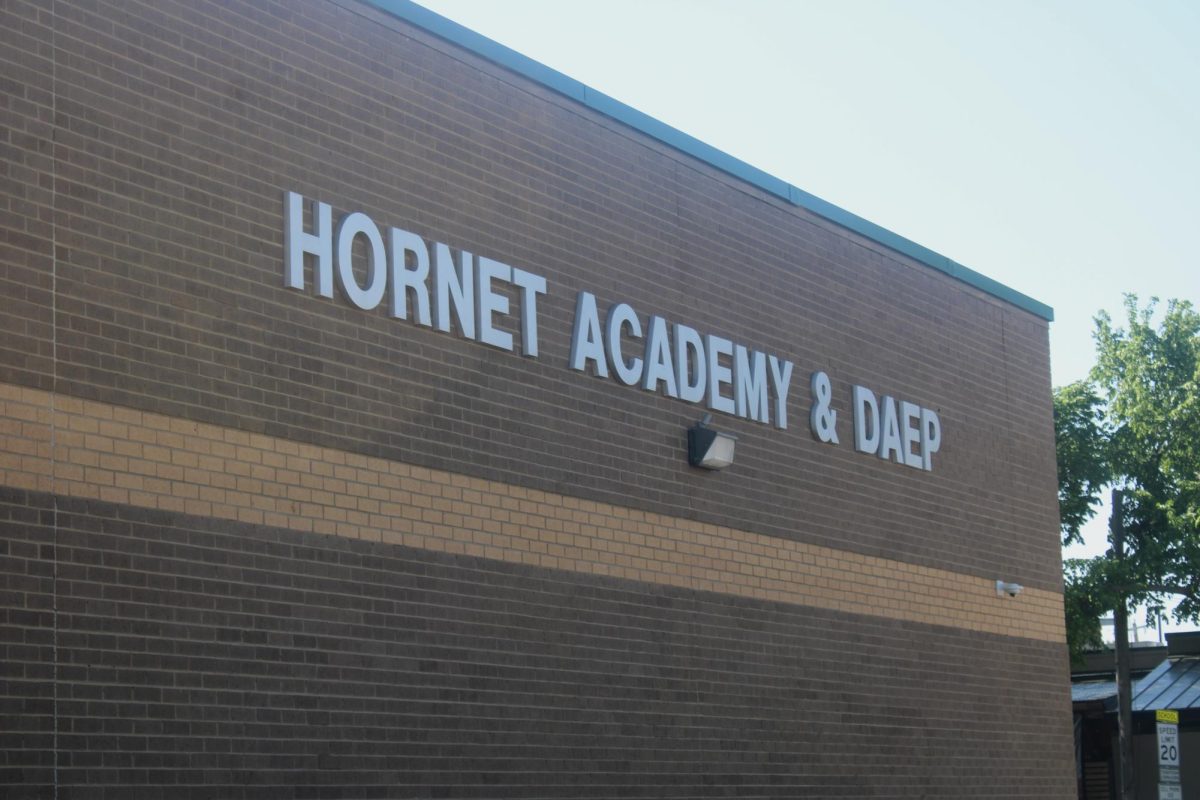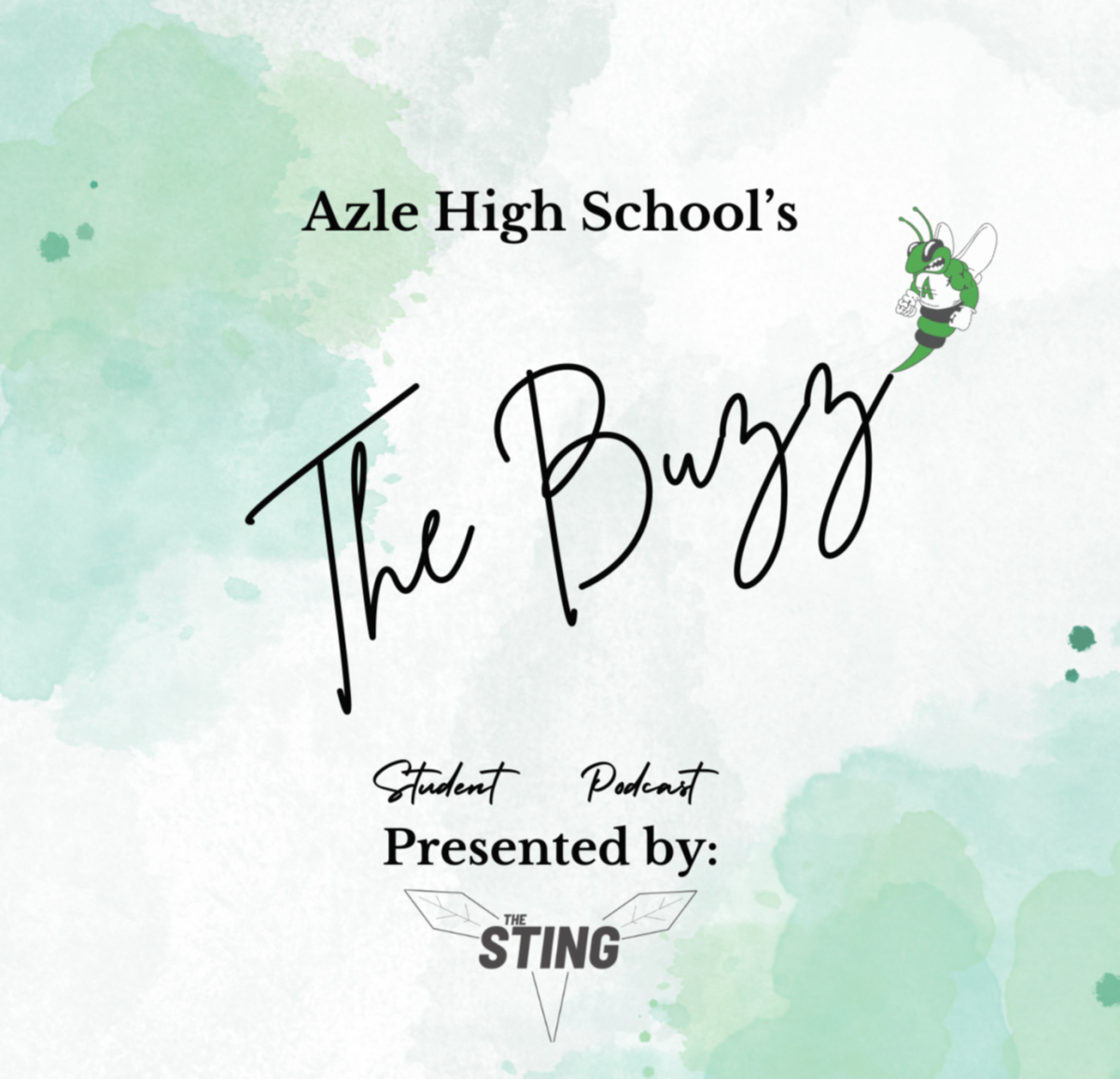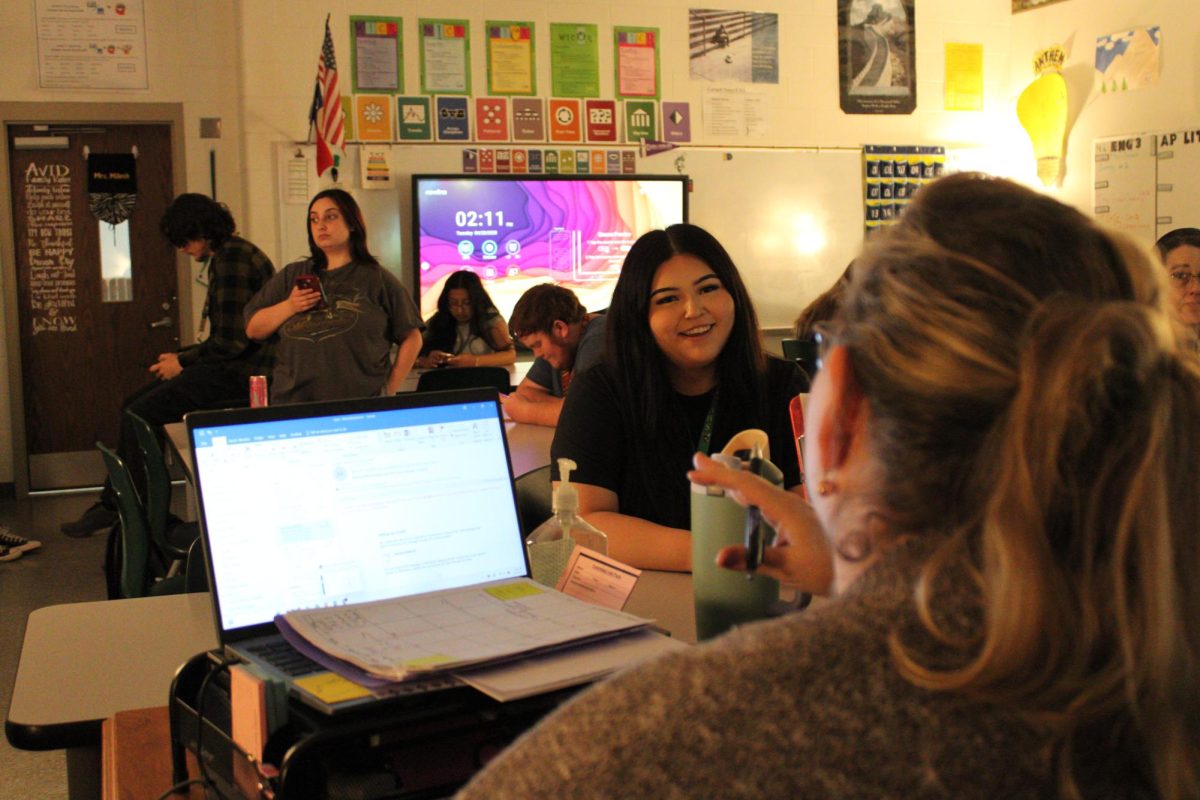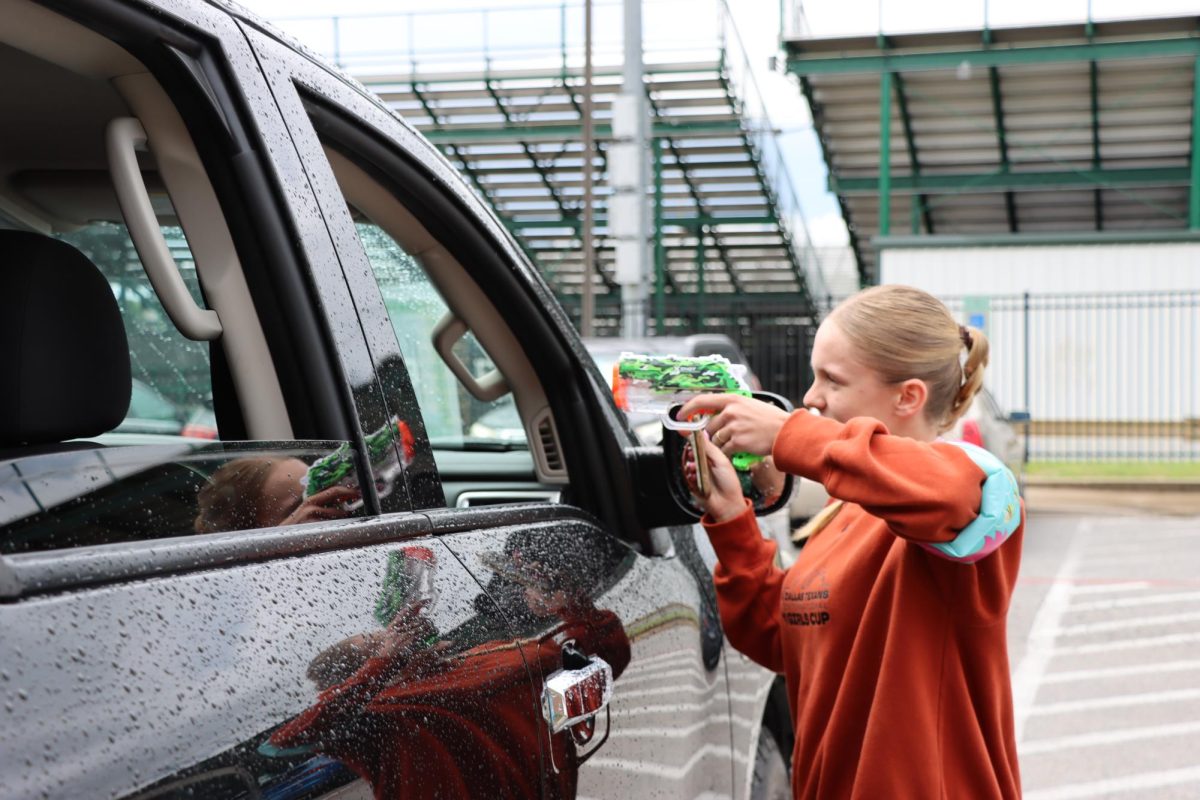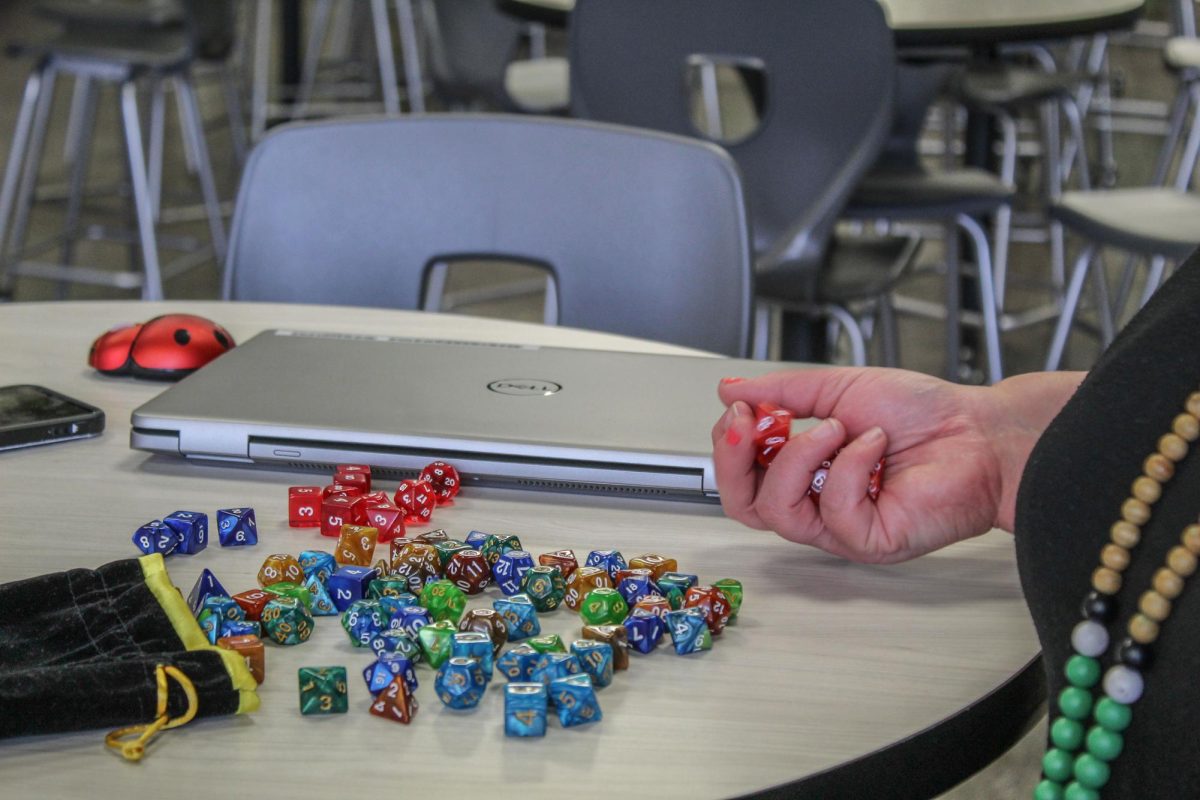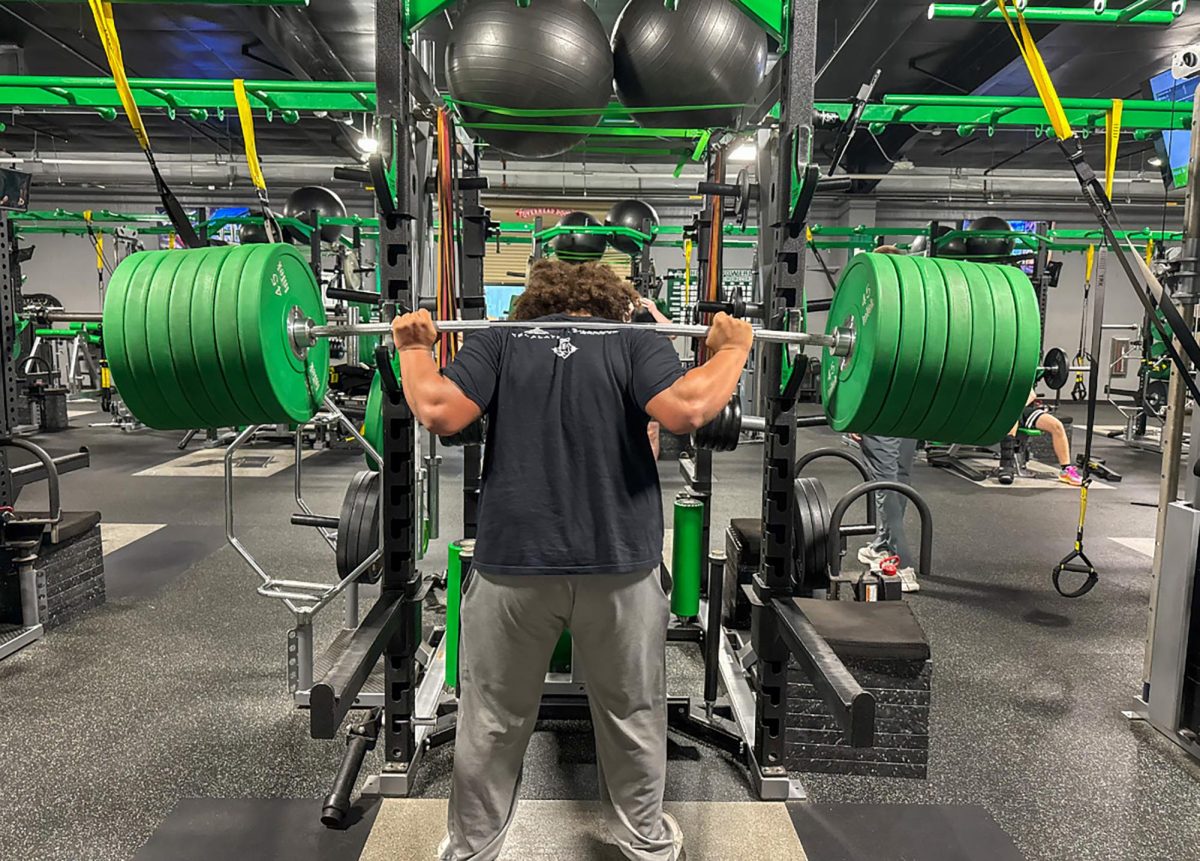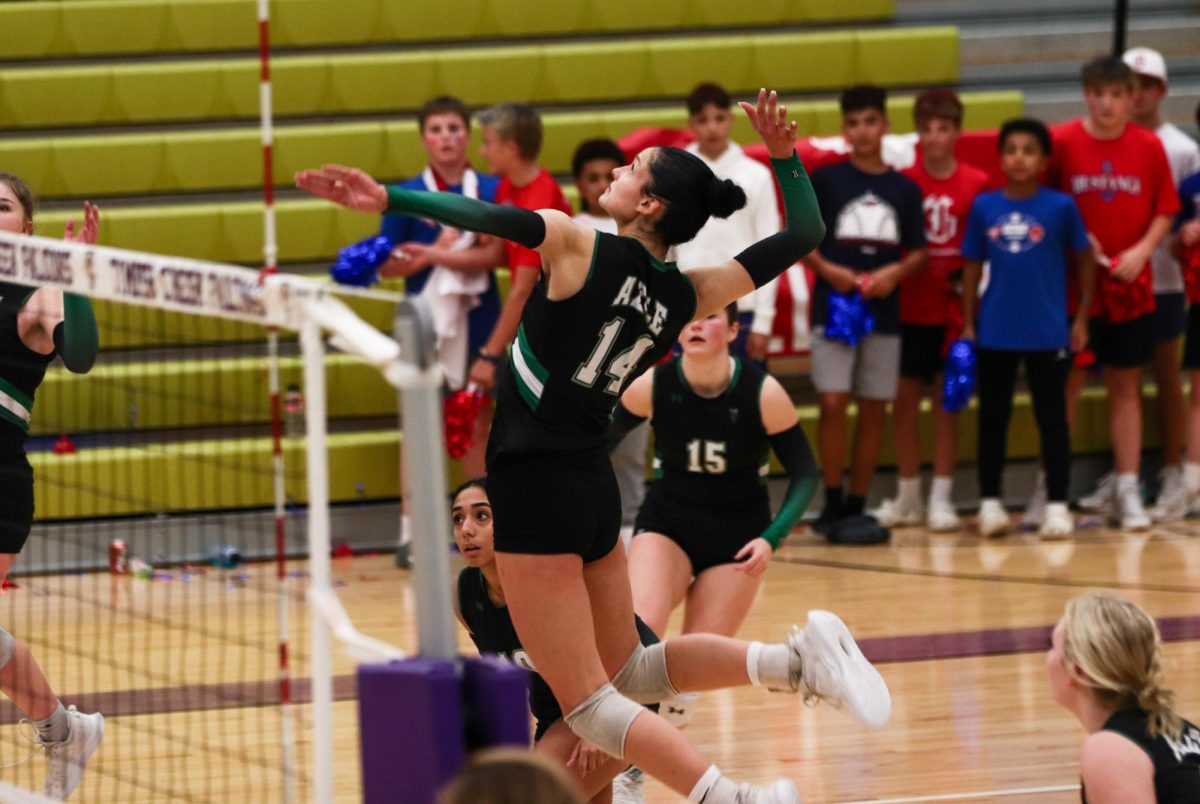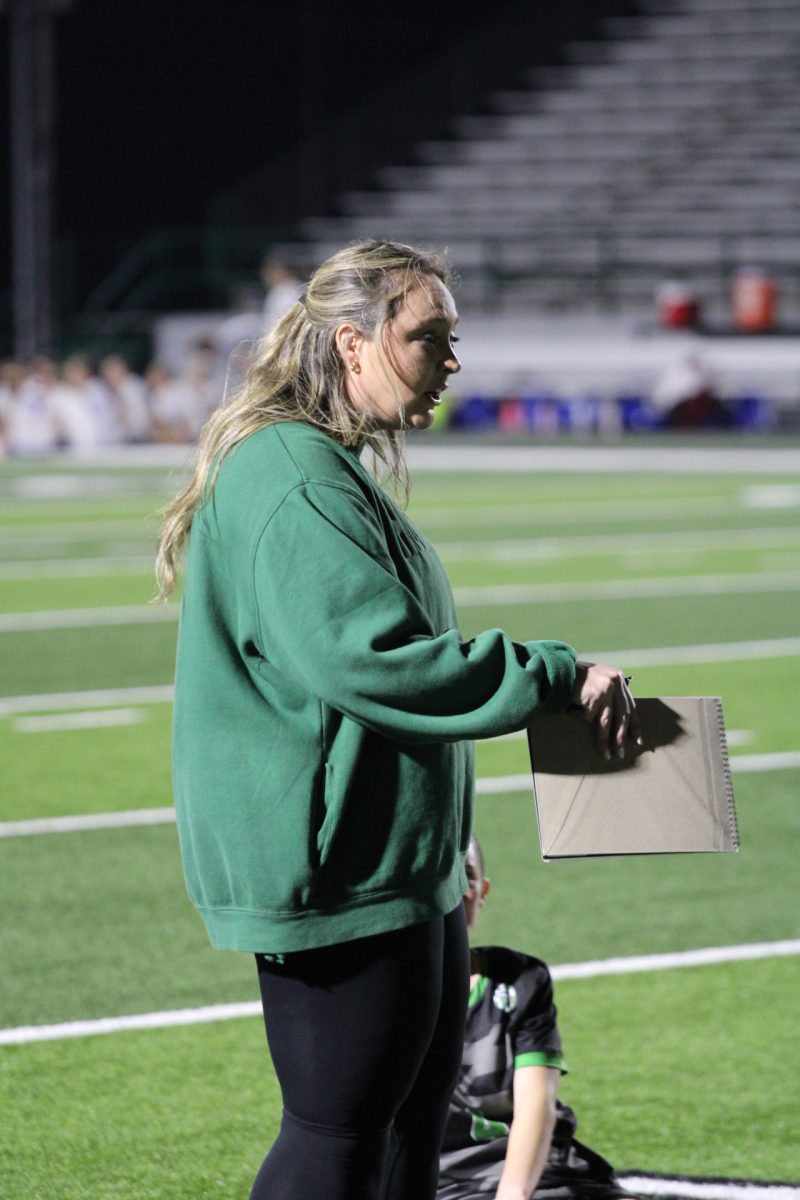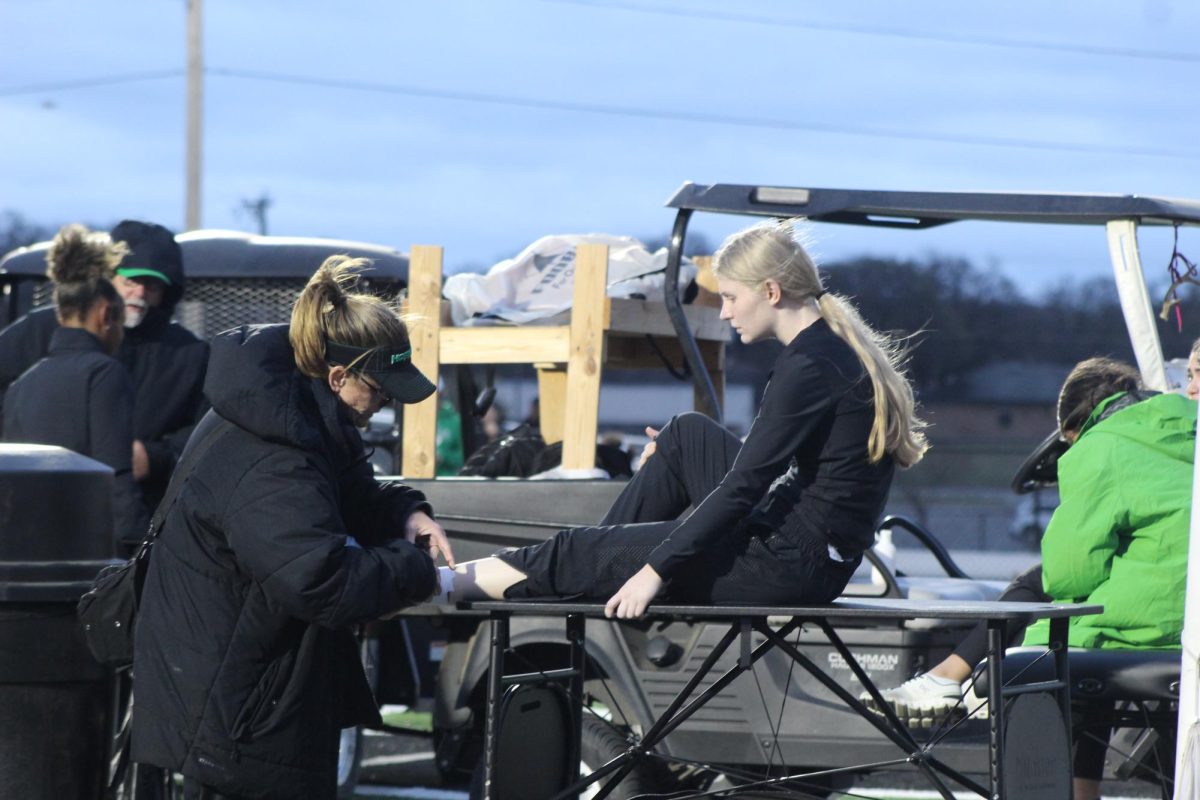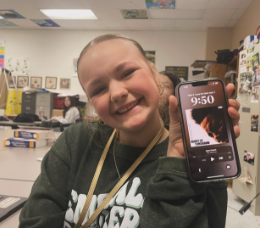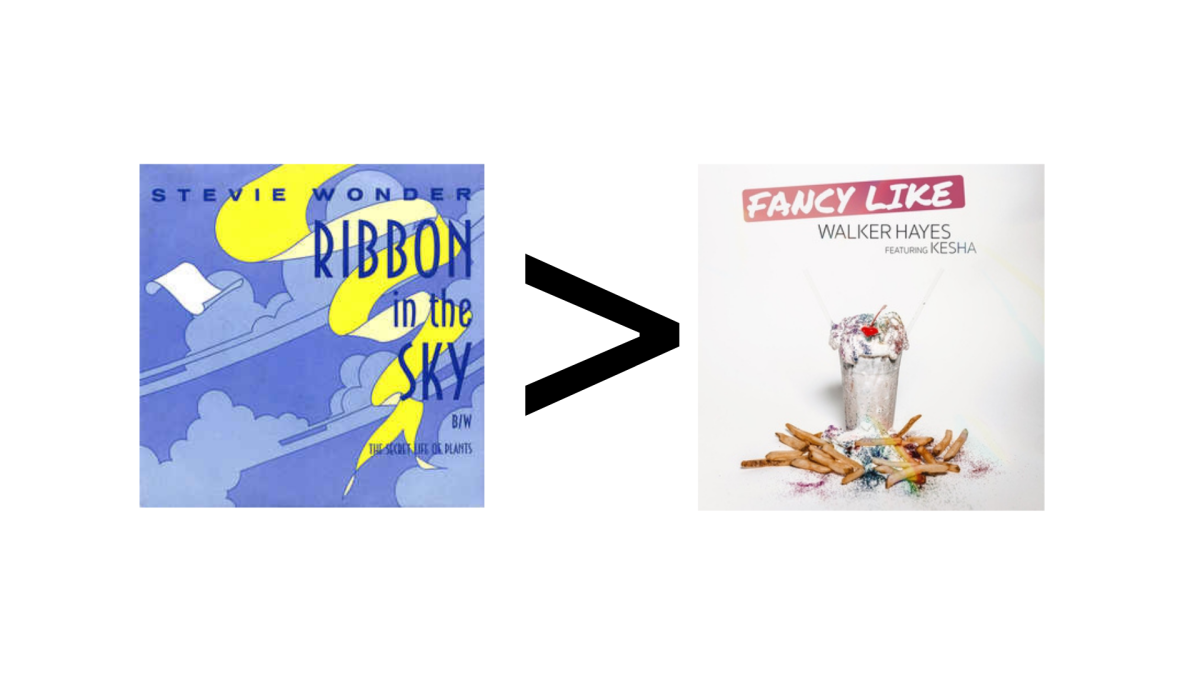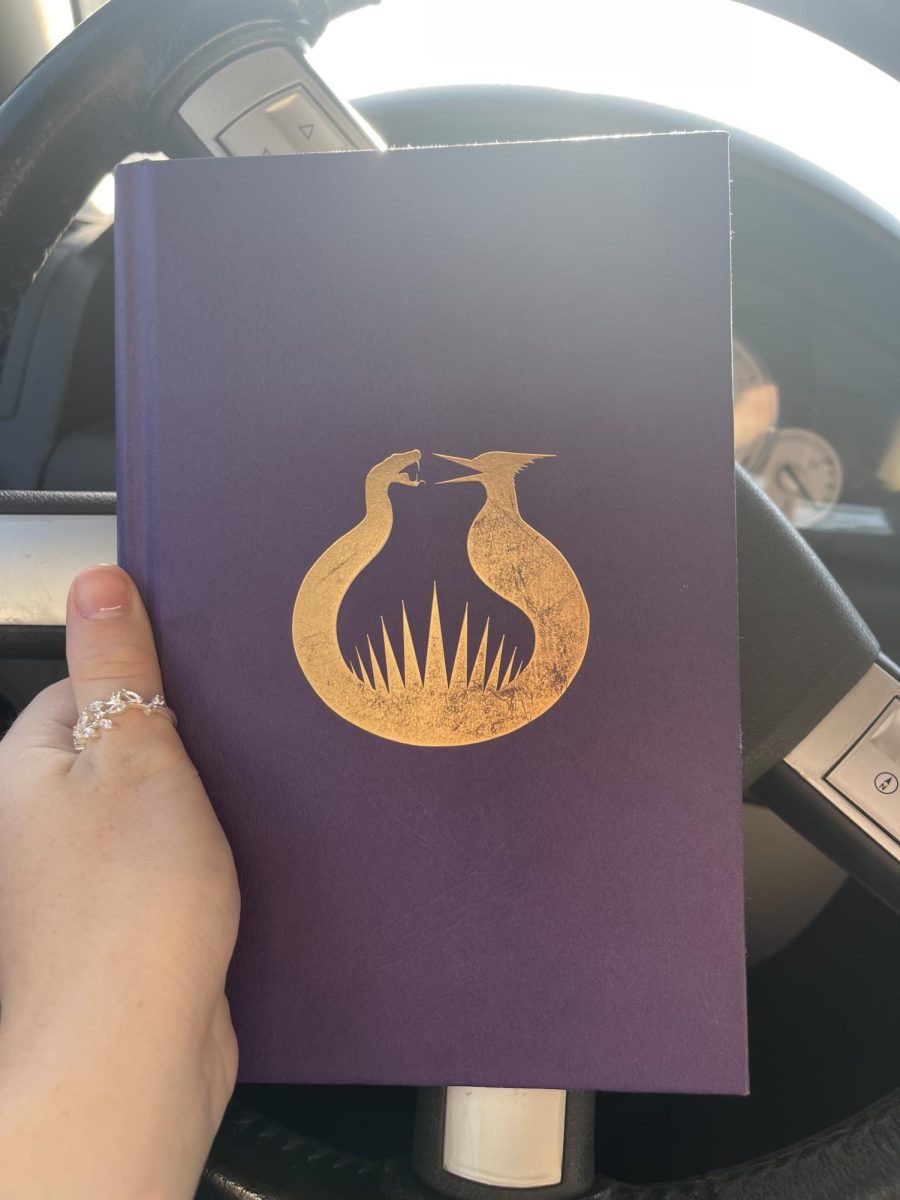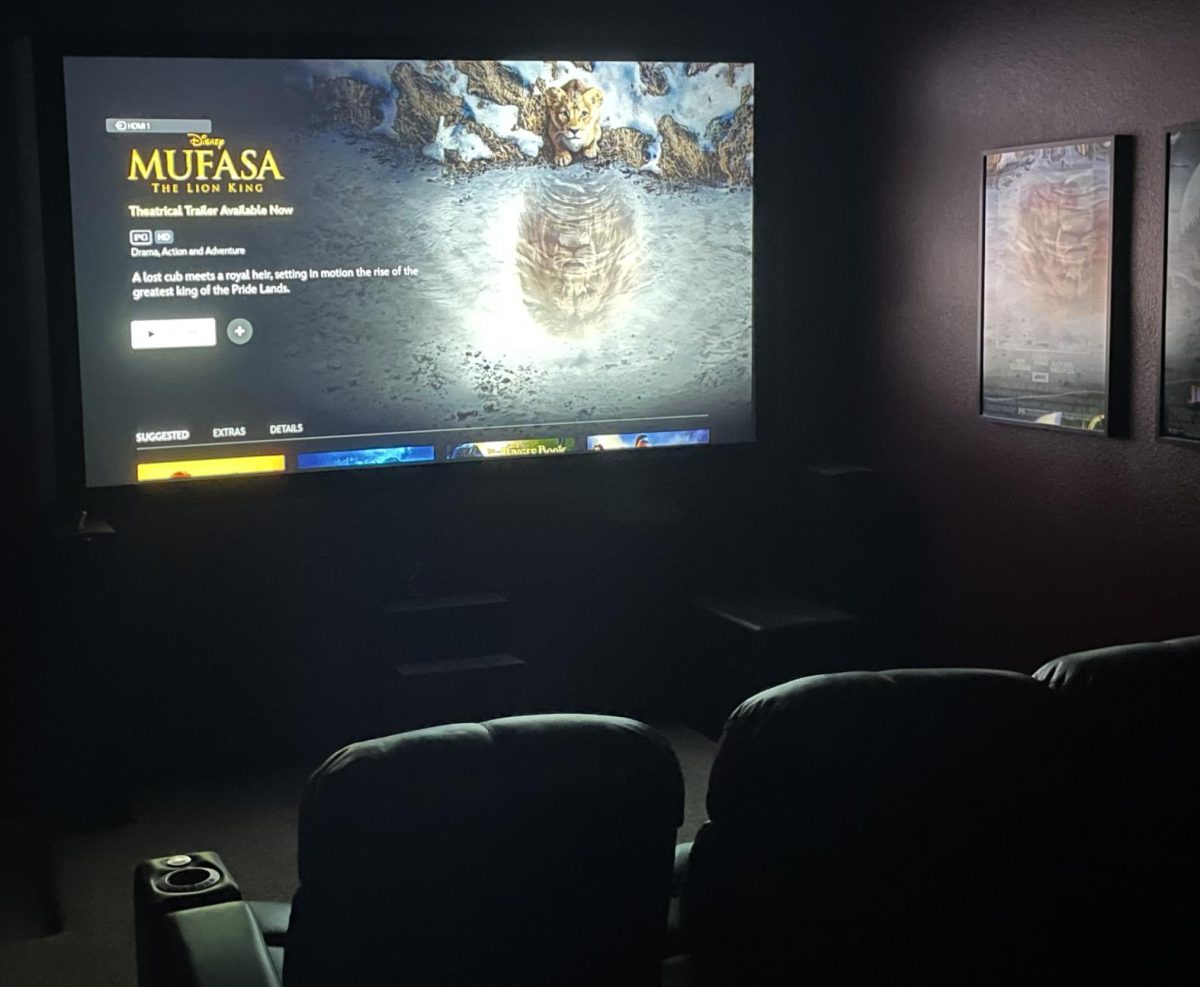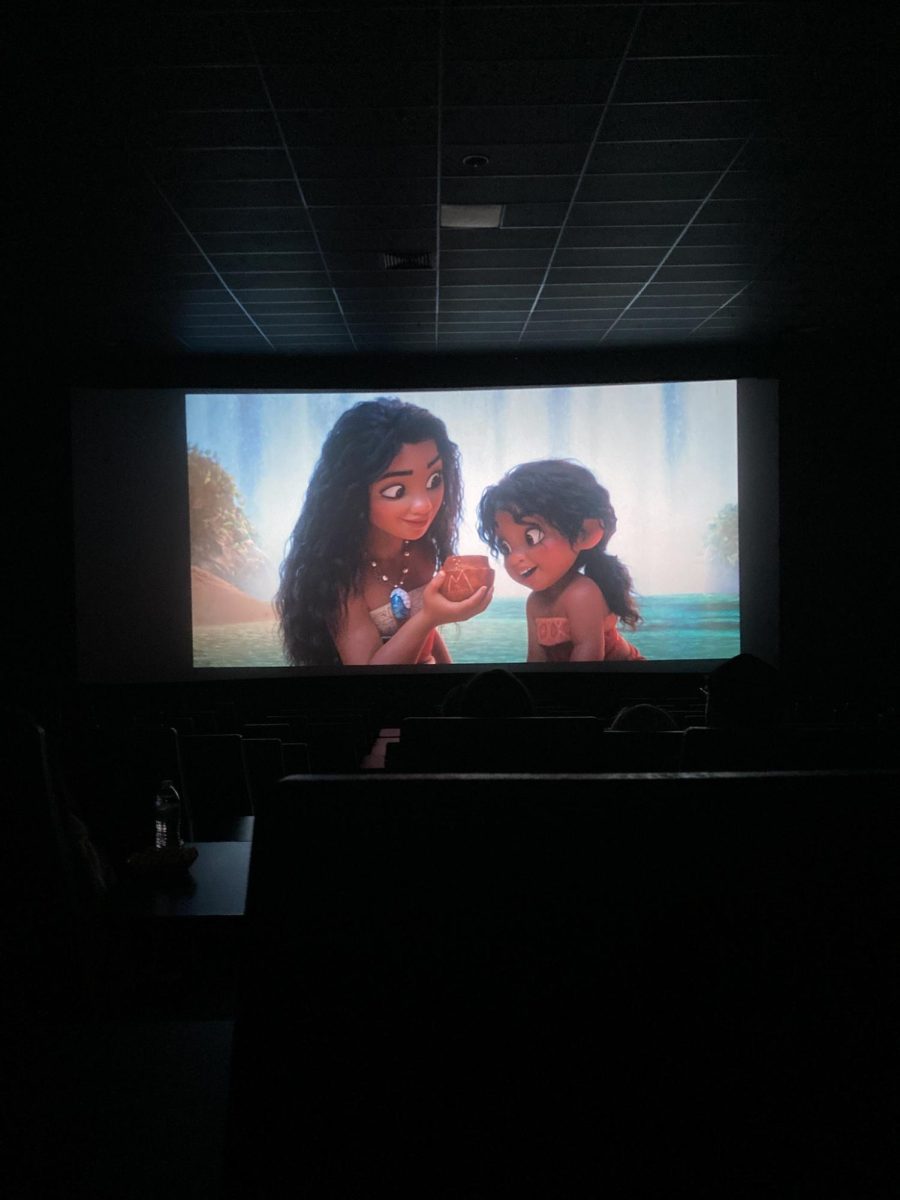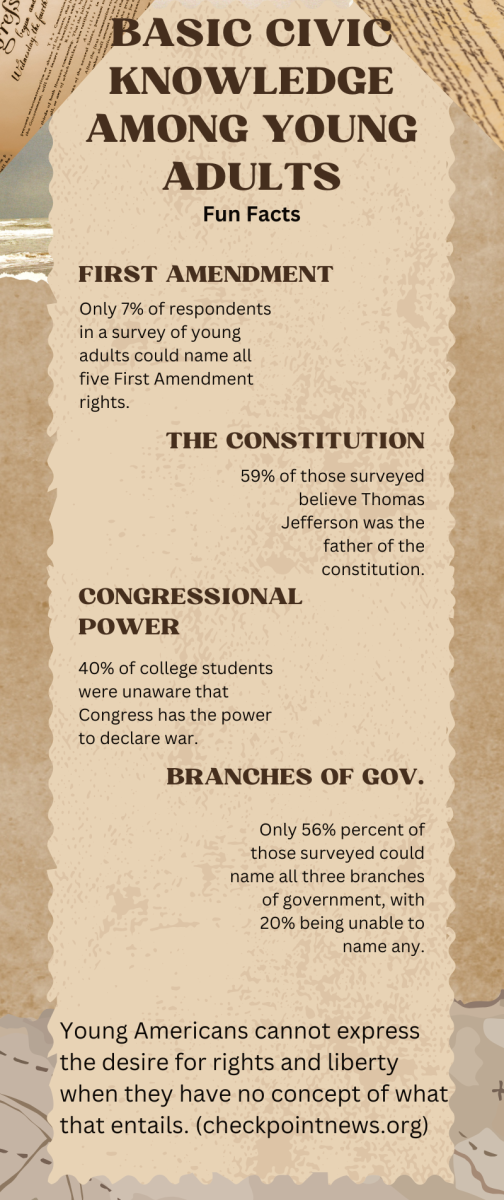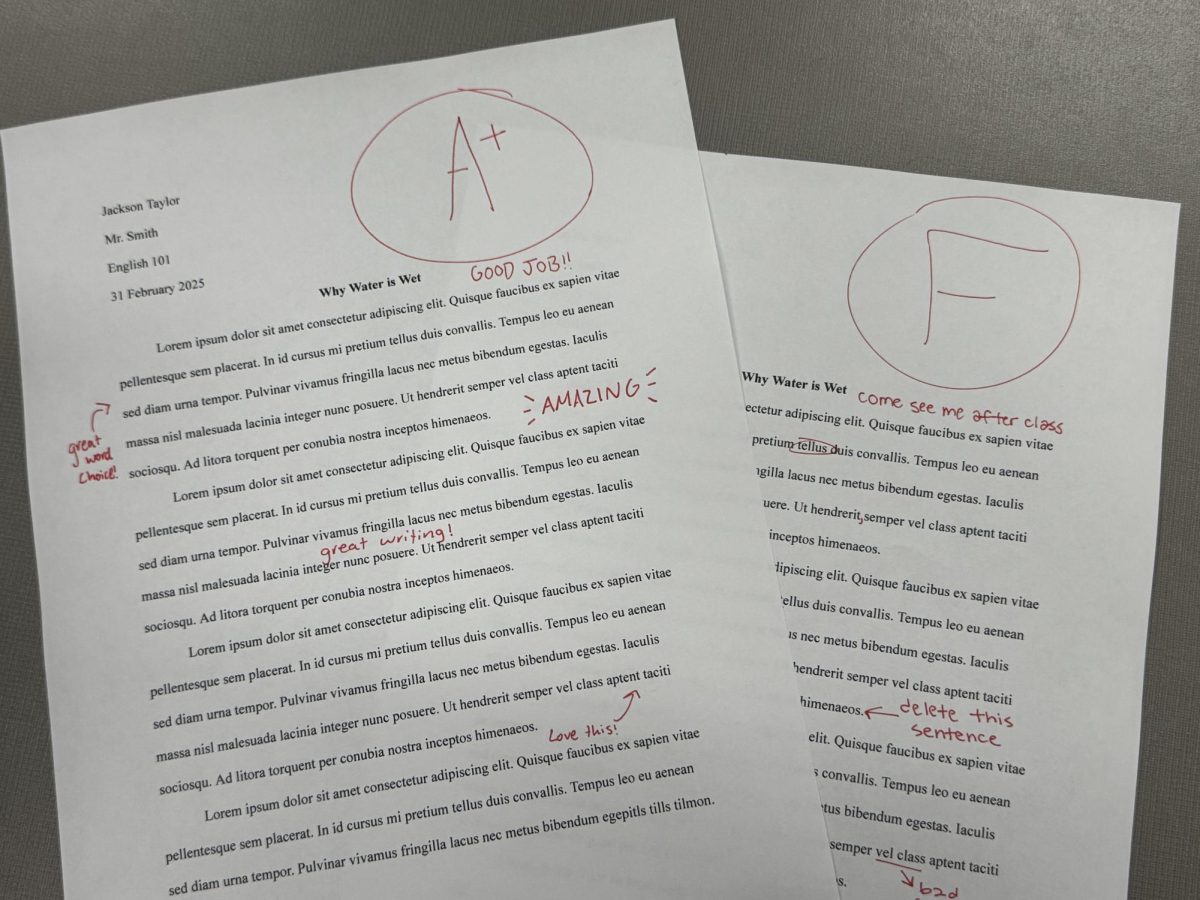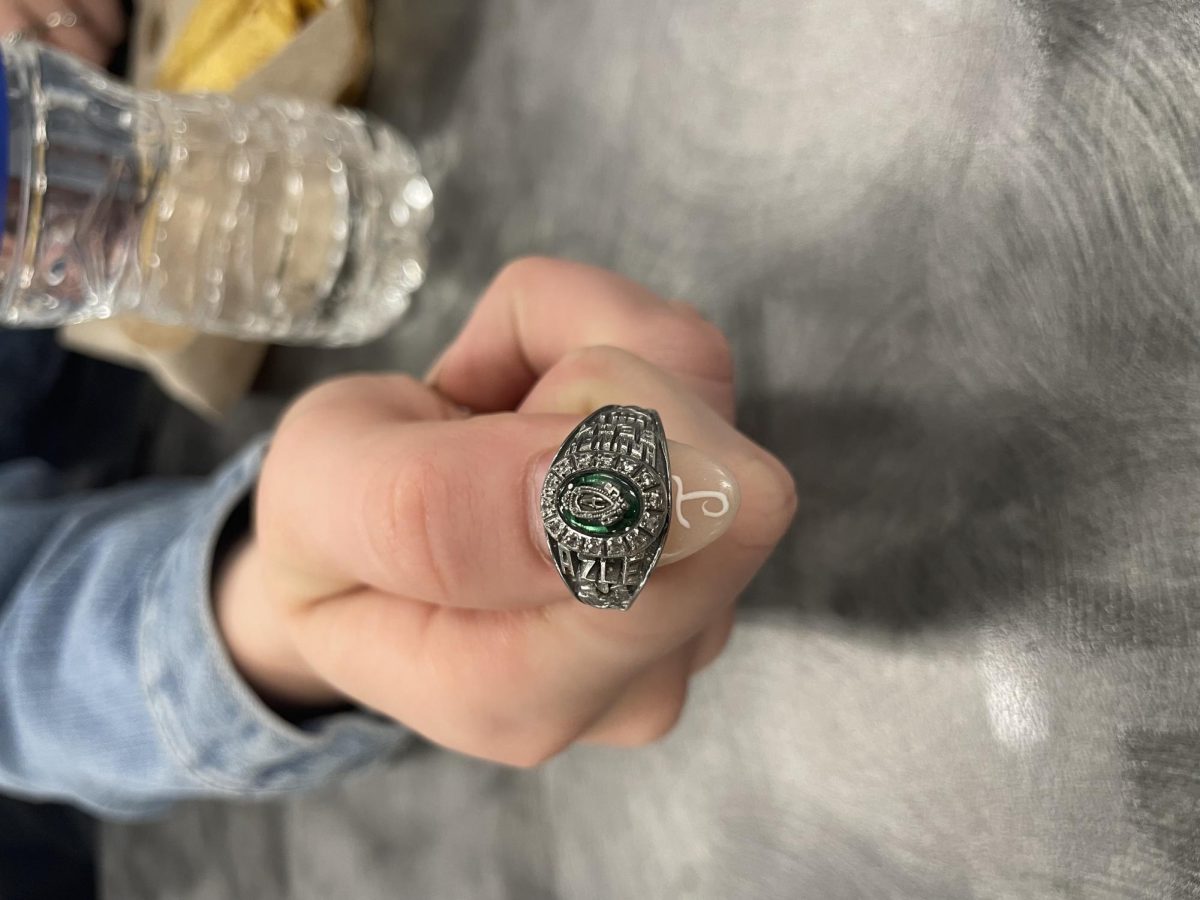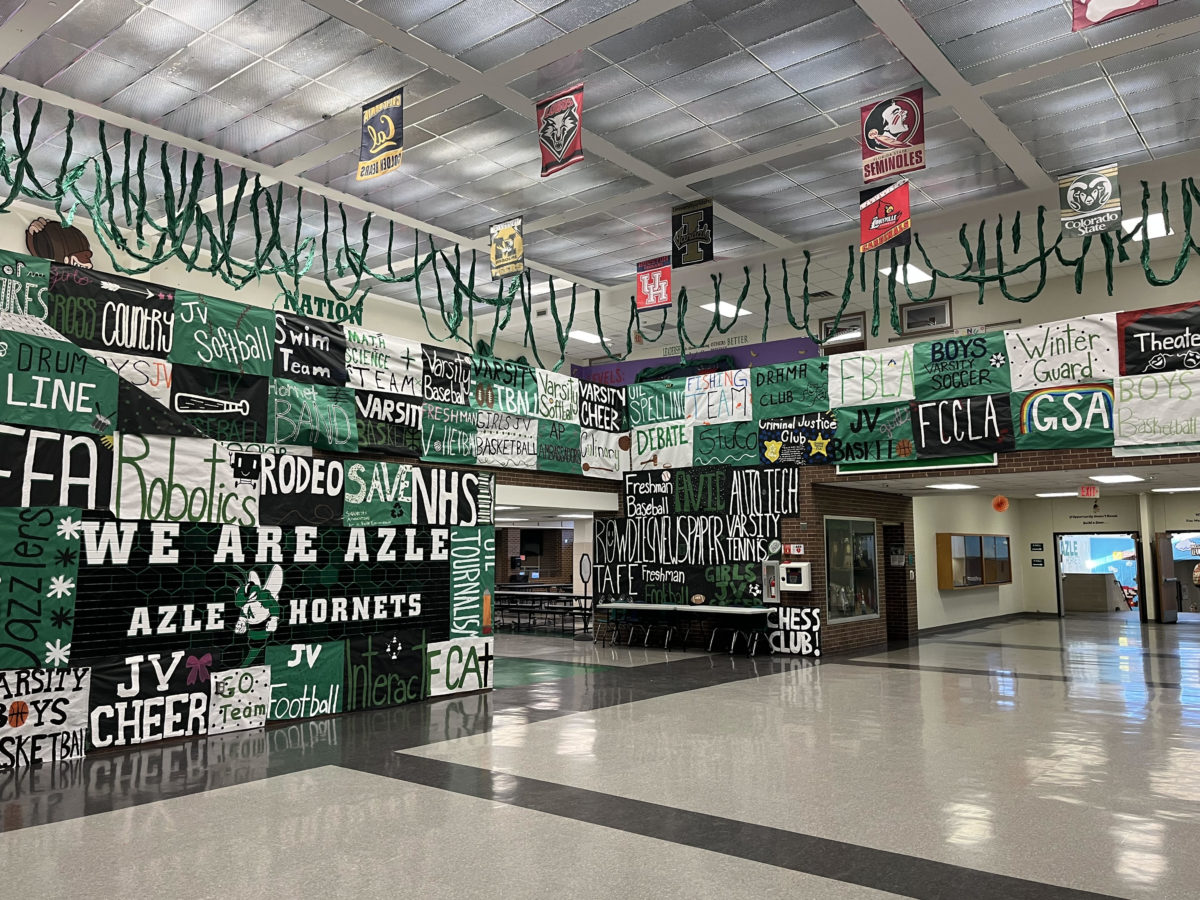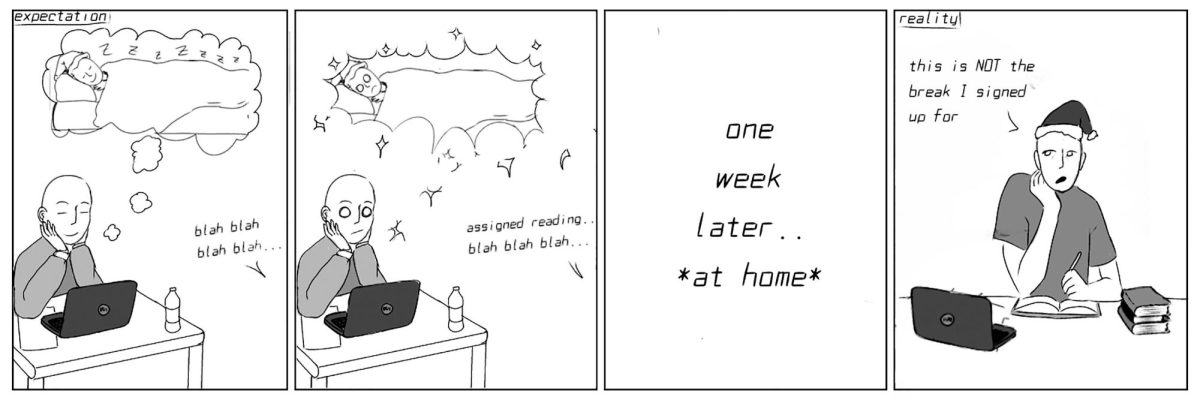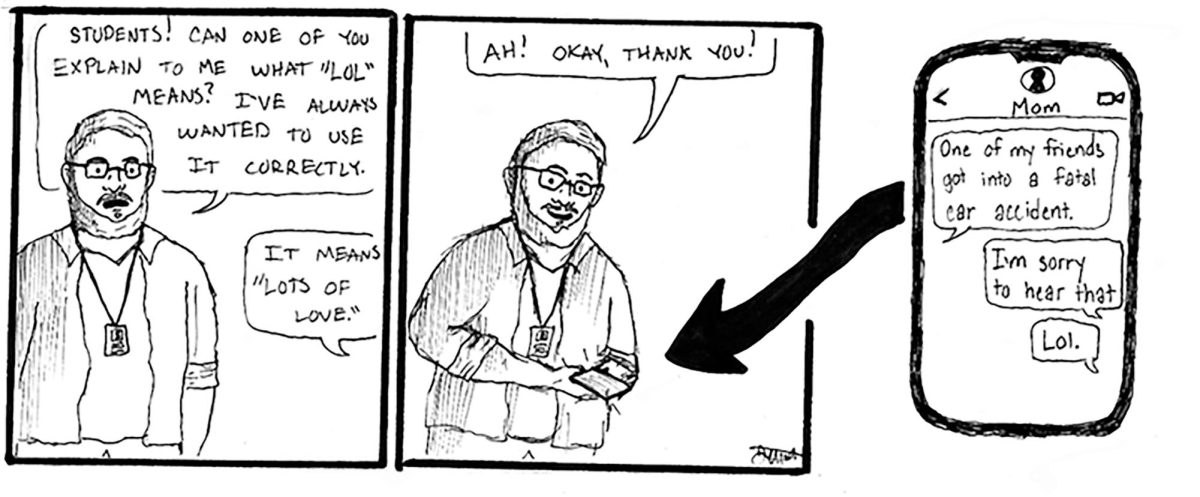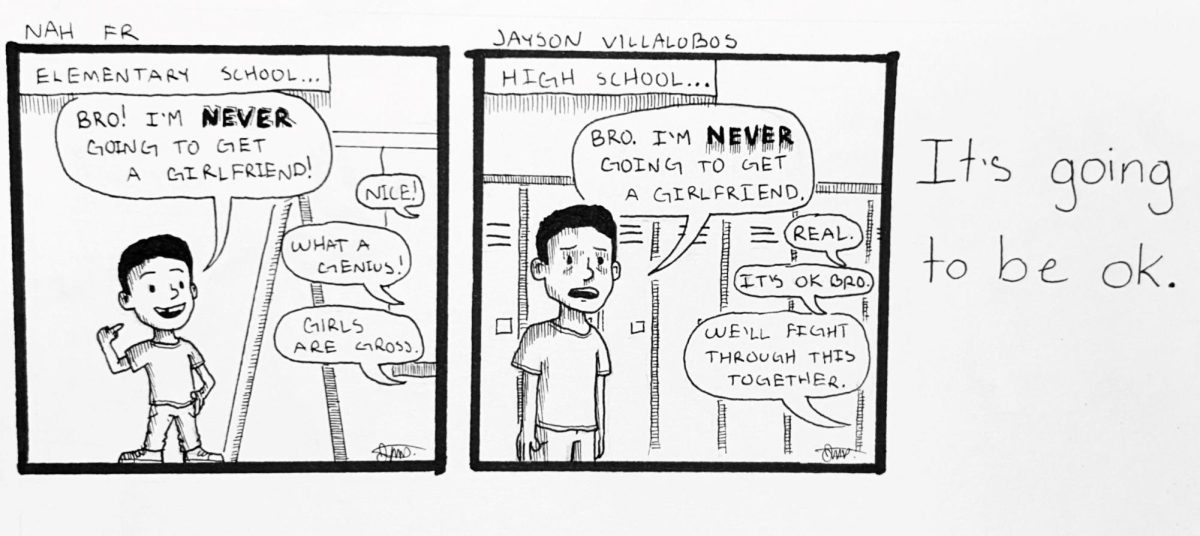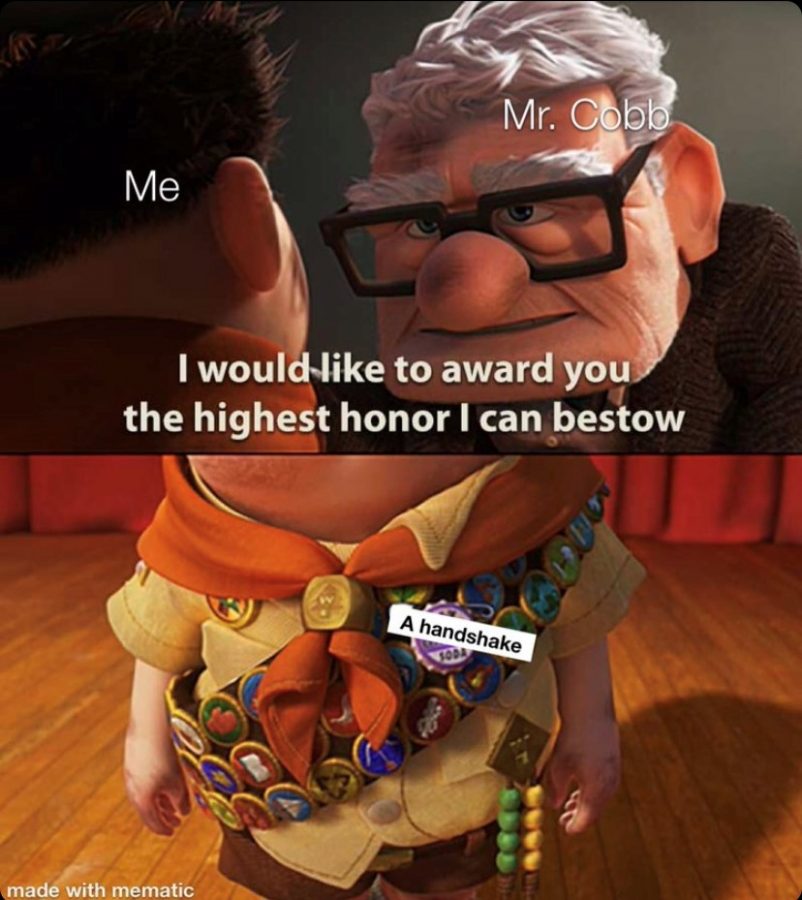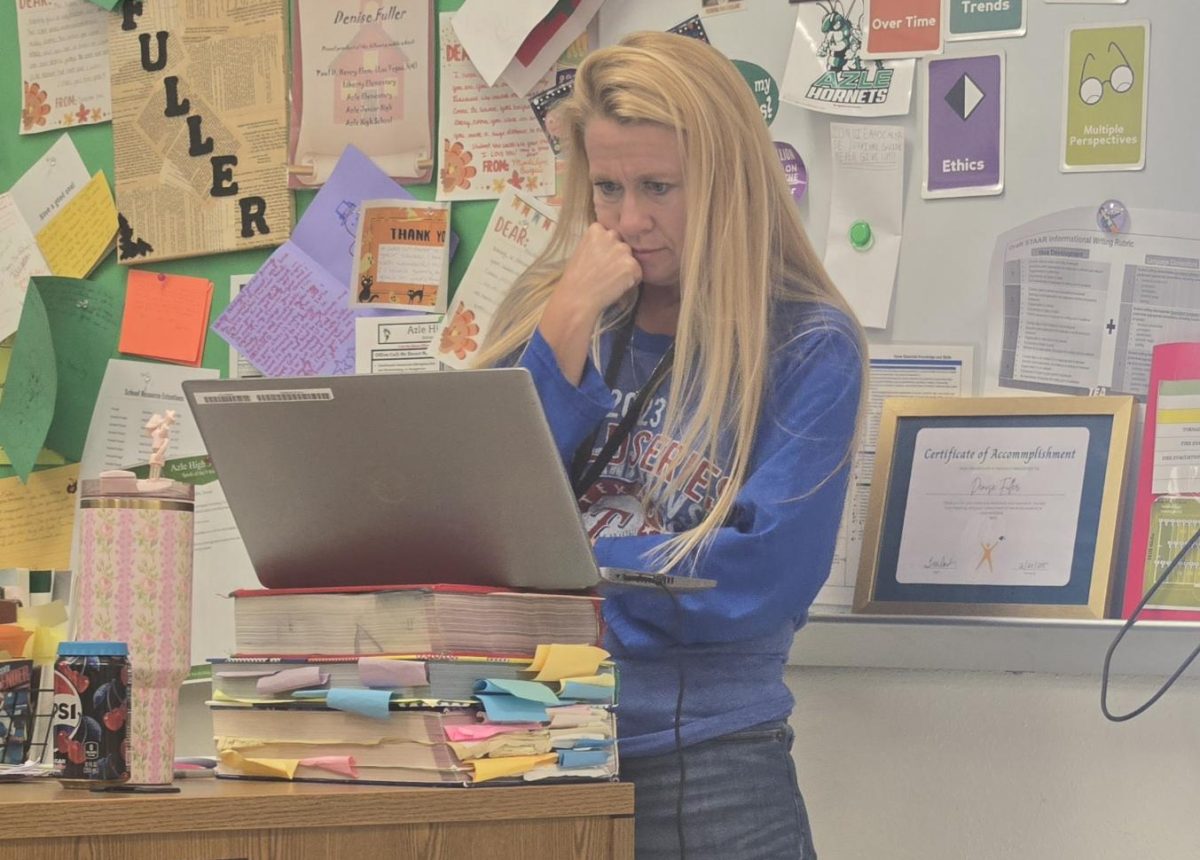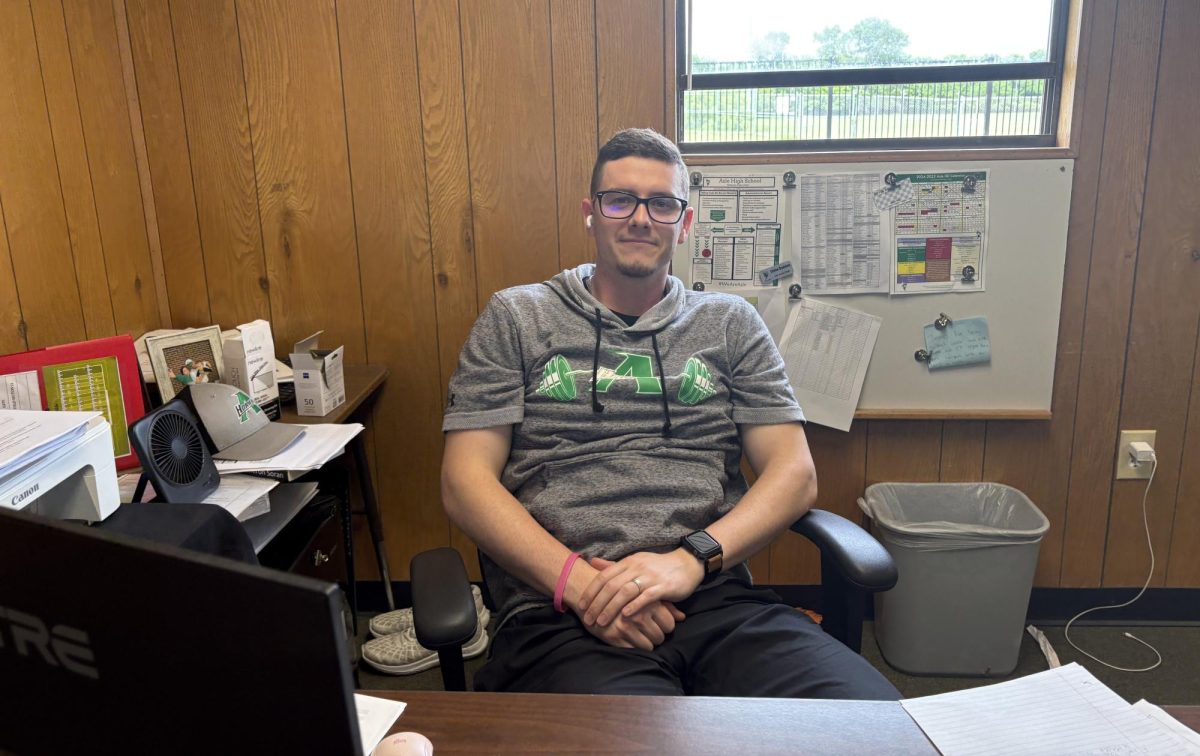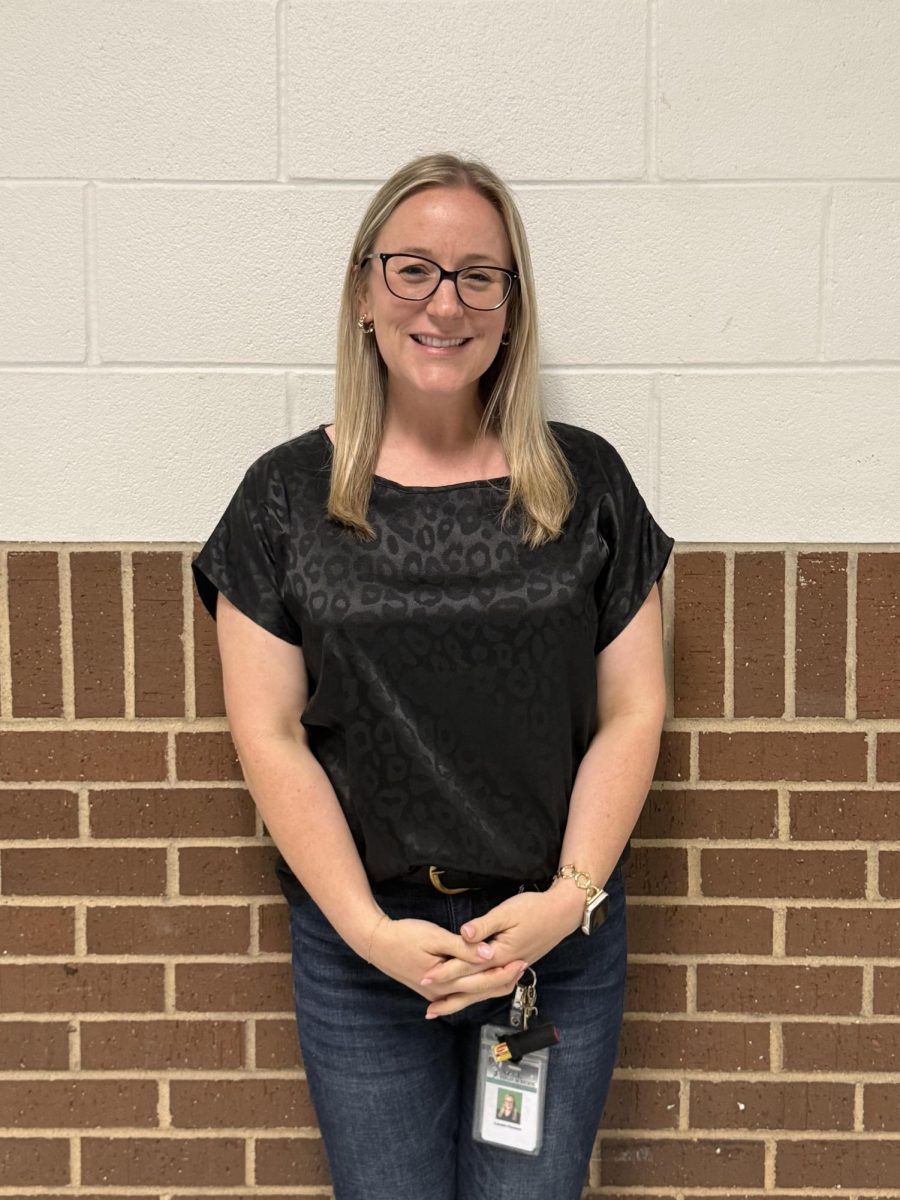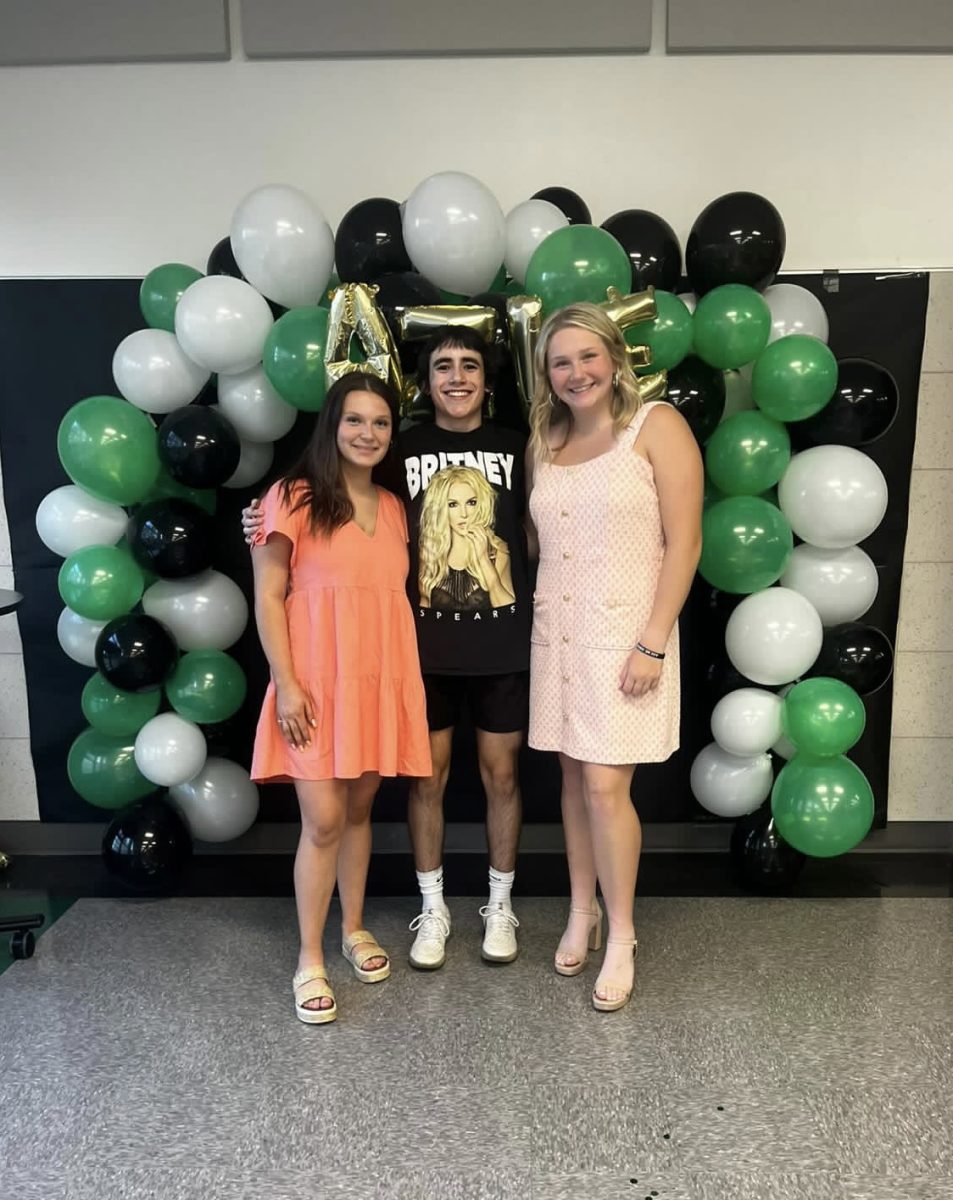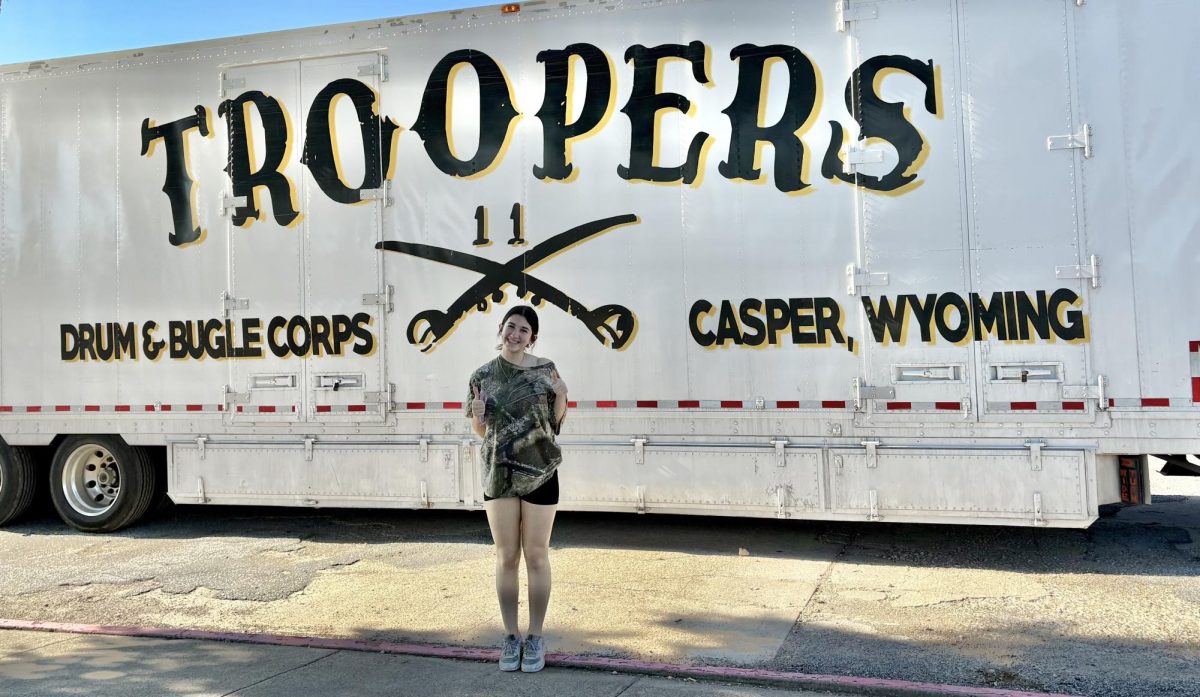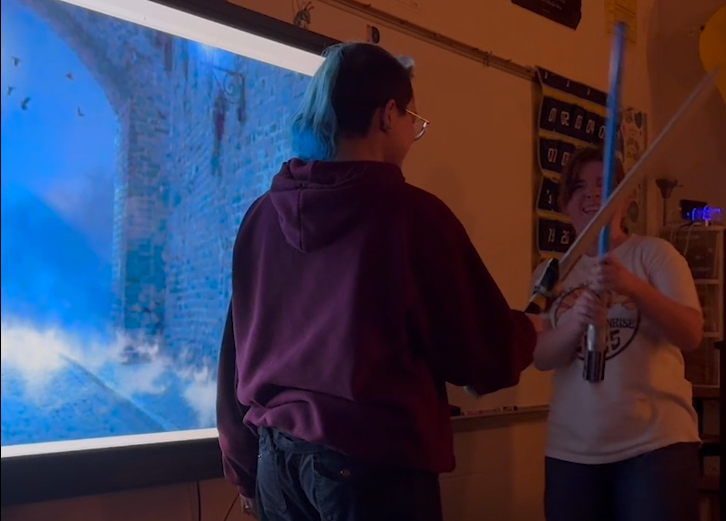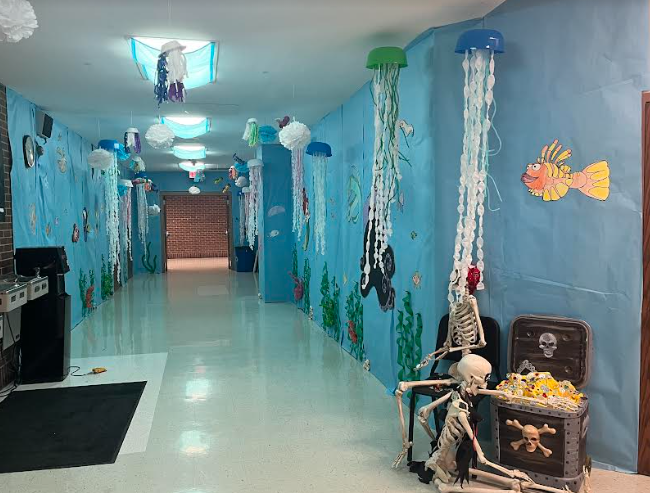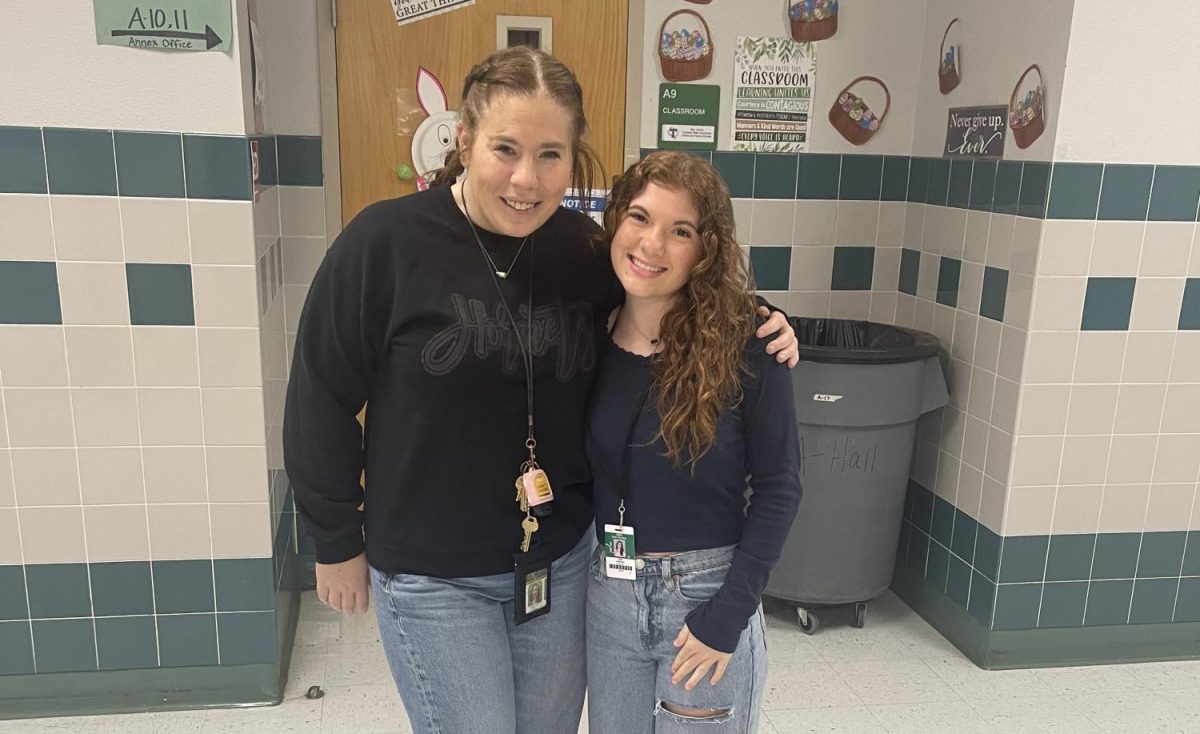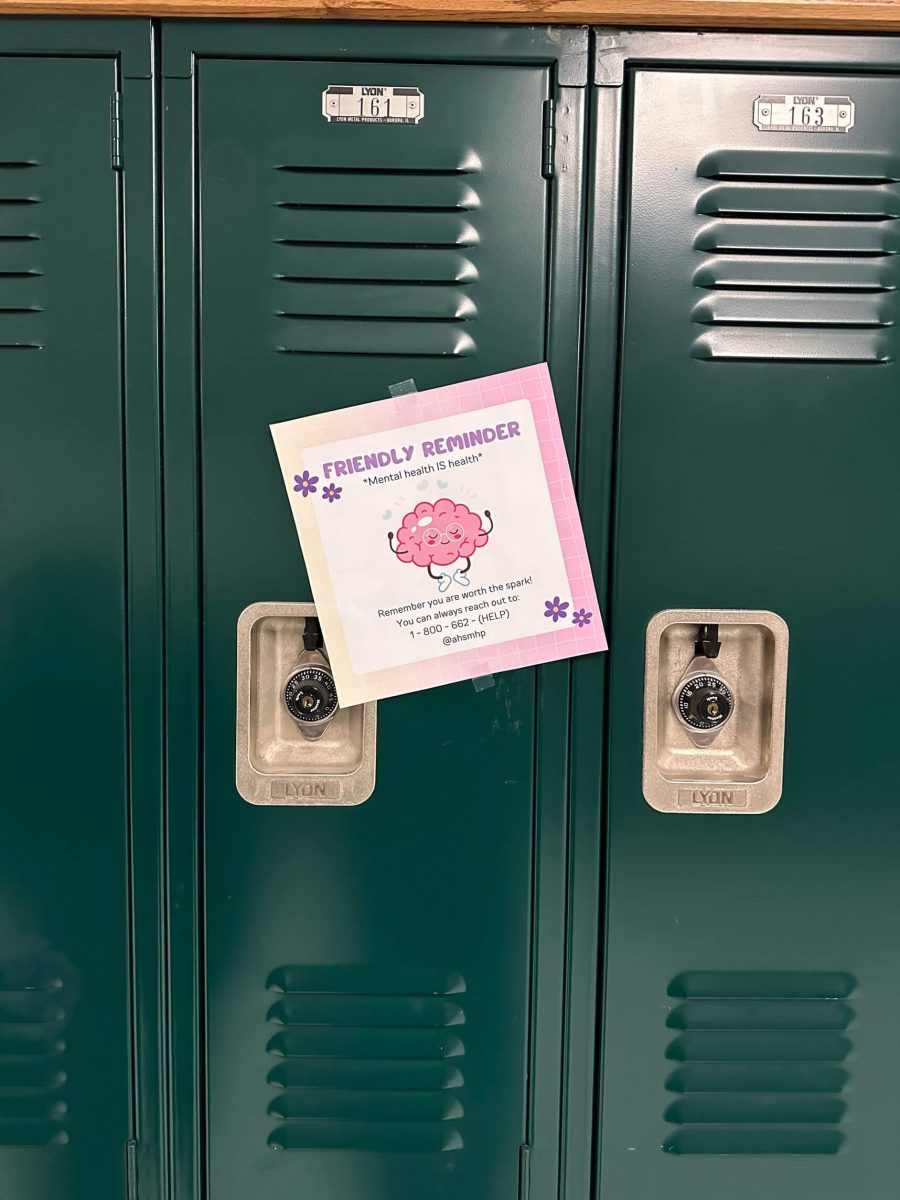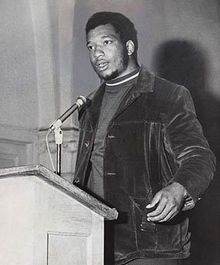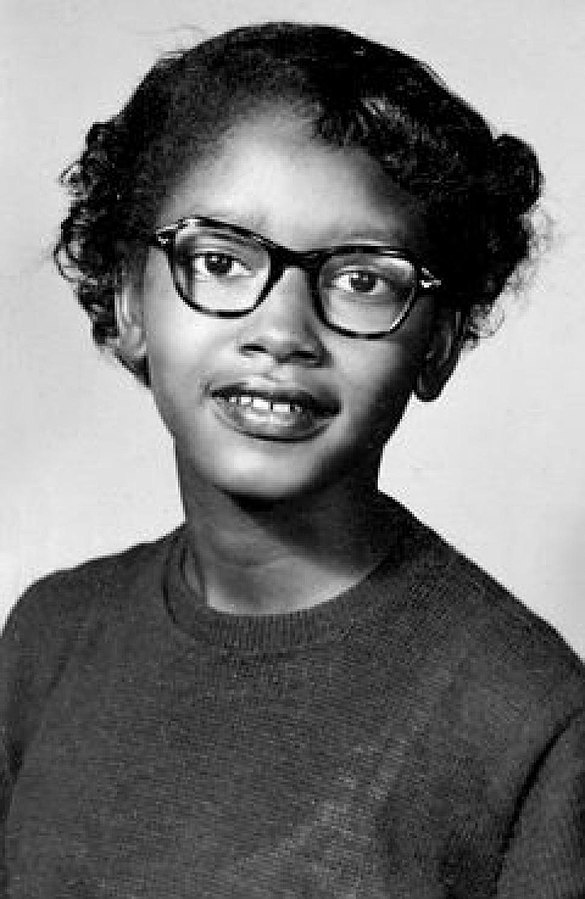What to Expect in AP Classes
February 24, 2019
Advanced Placement classes are college-level classes provided by the high school that are harder than normal classes and are in a category along with OnRamps and Dual Credit classes.
For students who will be sophomores next year, they will have the option of taking AP World History and AP Biology, but soon-to-be juniors and seniors will have even more options. It is important to weigh your options before making this decision to take the plunge into a harder class.
“Students should expect a more demanding and challenging course in terms of workload and complexity,” AP World History teacher Sara Anderson said. “They will learn how to write sophisticated and analytical essays that rival college-level work.”
It’s important for people who intend to take these classes to understand that the workload is heavier than in other on-level or pre-AP classes. There is homework every night, whether it’s notes and reading, essay prep-work, or a learning curve and an advance sheet.
“Some students struggle in AP World History. This course is one of the most interesting, stimulating, and demanding experiences you can have as a high school academic and the AP World History course has ambitious objectives,” Anderson said. “I am committed to preparing students to succeed in a rigorous academic setting.”
There was a resounding “yes” among the students of AP World when asked if they struggle. As far as workload, it is more than many of them have ever had. With the AP test at the end of the year and various essays and such during the year, you have to retain it into your long-term memory and not just retain it for the short term.
“AP World History has made me a much better student and has made me work harder, but it’s incredibly time-consuming and stressful,” sophomore Reese McDonald said.
Students know this class helps them to become better versions of themselves when it comes to AP classes, but it takes much more time, and you will most likely experience more stress than you ever had.
“I knew the class would be hard, but it was harder once I found out we had to teach ourselves,” sophomore Rachel Baumann said.
Taking a lot of AP classes takes more dedication than anything. You have to be willing to go above and beyond where you have in the past. You must be studious and have an incredible work ethic.
“Students should take as many AP classes that they want to take,” Anderson said. “There should never be a limit to any student who wants to participate in a rigorous class setting no matter the subject.”
Knowing what to expect in AP classes is the first step to being fully aware of the workload and the structure of the class. The majority of AP classes are going to be this way in that you have homework, projects, and essays to work on over the weekend. Preparation is key for AP classes to jump start your introduction into AP classes.
“I would suggest that students not overload themselves with AP and OnRamps courses, especially if they miss quite a bit of school for extracurricular activities,” Burnham said. “However, this is an individual decision for the student and his/her parents. If the student is aware of the expectations and is committed to the classes, then I do not want to tell the student not to take multiple AP and/or OnRamps classes.
As soon as you get into AP classes, you have to seriously think about your future as an individual and start thinking about what AP classes you should take for the rest of high school that will benefit you in your career for the future.
“Typically grades in the class are good overall,” AP Calculus teacher Jeff Tschoepe said. “My main focus is to ensure that students earn college credit and we’ve done a very good job of that over the last three years on the AP Calculus exam.”
AP teachers are in it for you. Your career as a student is important to them so that you can get the most out of yourself. The teachers try to make you prepared for college and get to know more about yourself.
“The most important reason to take AP World History is that students will learn an invaluable amount of knowledge about themselves and nothing is more important or valuable than self-discovery,” Anderson said. “The year-long grind is well worth the lifetime reward.”

